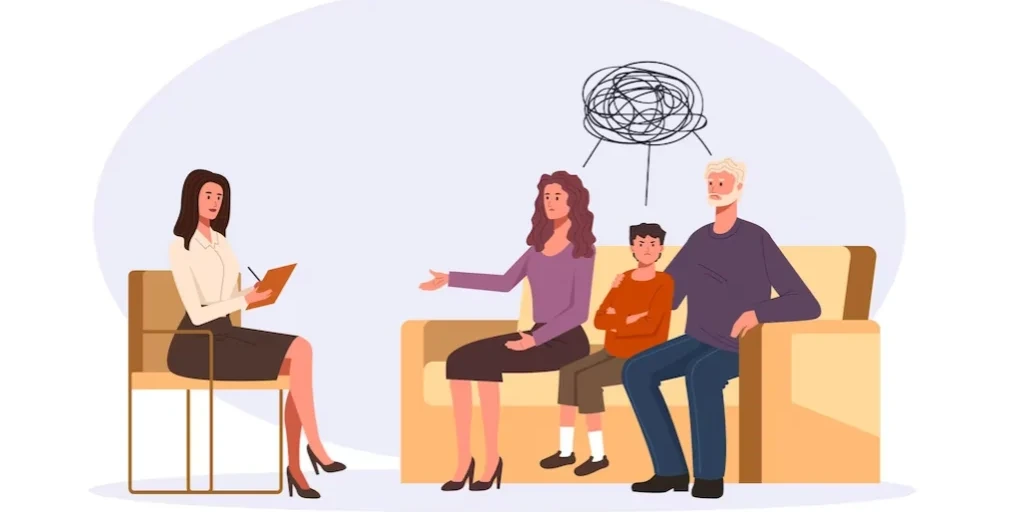24/7 Helpline:
(866) 899-221924/7 Helpline:
(866) 899-2219
Learn more about PTSD Rehab centers in Lake Mills

Other Insurance Options

Amerigroup

Magellan Health

Private insurance

Magellan

Humana

WellPoint

Regence

Optima

Coventry Health Care

Health Choice

Kaiser Permanente

Aetna

Access to Recovery (ATR) Voucher

Providence

Ambetter

United Health Care

Choice Care Network

Sliding scale payment assistance

GEHA

UMR









































































































